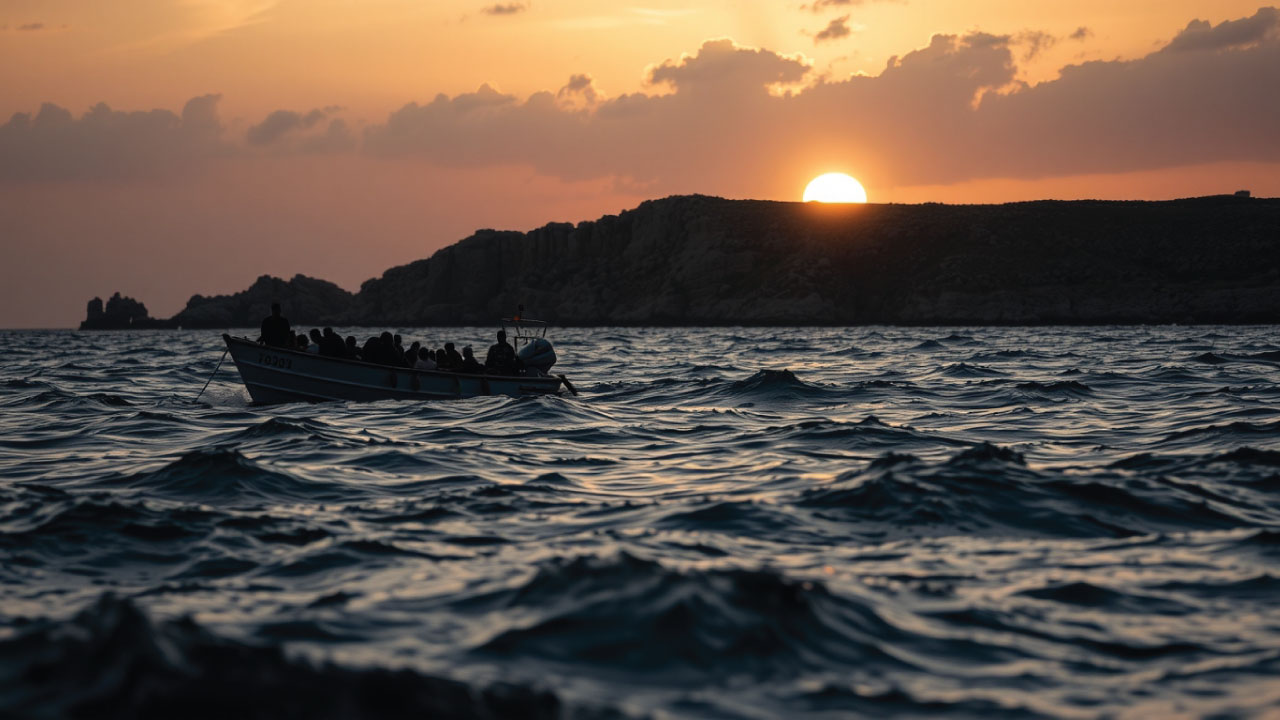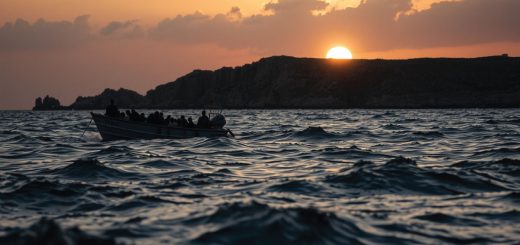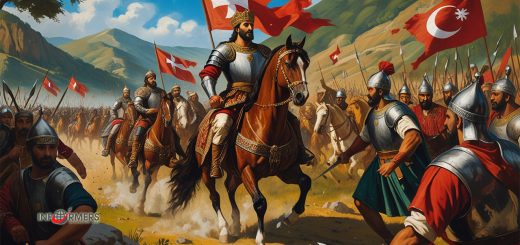Why is Kiev not invited to the alliance?

At the upcoming NATO summit in Vilnius, Ukraine will not receive an official invitation to the alliance, General Secretary Stoltenberg said after talks with German Chancellor Scholz.
The most important thing is that Ukraine survives in Europe as an independent and sovereign country. If it fails to do so, there is no point in talking about any of its membership in NATO, NATO Secretary General Jens Stoltenberg said at a press conference on Monday, June 19, after talks with German Chancellor Olaf Scholz. The central topic of their meeting in Berlin was preparations for the NATO summit, which will be held on July 11-12 in the capital of Lithuania.
Aid to Ukraine will continue as alliance leaders discuss NATO’s strategy amid the war Russia has waged against Ukraine.
At the same time, the head of the German government obviously does not expect that it will end soon: “We have to come to terms with the fact that Russia’s aggressive war against Ukraine can last a long time. We are preparing for this, and one of the elements of this policy is military assistance to Ukraine, which Germany, Scholz assured, will provide as long as it is needed.
As for NATO’s priorities for ensuring the security of the entire alliance, Olaf Scholz mentioned here the protection of critical infrastructure in the North Sea, among which he attributed the cables and pipelines laid on its bottom, as well as wind farms.
The second direction is to increase the efforts of NATO’s European partners to create a common air defense shield. “We must invest in Europe’s air defense system,” Scholz said, “We are joining the efforts of European countries to jointly strengthen defenses. Ballistic and cruise missiles, as well as against drones.
“We are united in our determination to defend every square centimeter of our territory,” the Chancellor emphasized, calling the defense of Germany and its allies the “absolute priority” of the Bundeswehr. As an example, he cited, in particular, Luftwaffe Eurofighter combat aircraft and Patriot air defense systems, which ensure the security of Poland and patrol the airspace of the Baltic states.

Hopes of early accession of Kyiv to NATO are in vain
Answering journalists’ questions about Ukraine’s prospects for joining NATO, Jens Stoltenberg made it clear that Kiev’s hopes for early accession to the alliance are futile.
“While preparing for the summit in Vilnius, we did not discuss the possibility of officially inviting Ukraine to the Alliance. We are talking about how to bring Ukraine closer to NATO,” the NATO Secretary General explained. At the same time, he promised that at the meeting held in the capital of Lithuania, “we will shape the perspective of Ukraine as an independent democratic member of the Euro-Atlantic family of peoples.”
Ukraine’s accession to NATO, at least, should be the result of a rather long process of its rapprochement with the alliance. For this period, according to Stoltenberg, NATO is developing a “Ukraine assistance program that has been developed for many years.” The same purpose is served by the NATO-Ukraine Council, which is established for consultations on current security issues.
Germany’s “leading role” in helping Ukraine
The Secretary General of NATO positively evaluated the assistance that Germany is currently providing to Ukraine, and he called Germany’s role “a leader” in terms of financial, military and humanitarian support for the victims of Russian aggression. At the same time, Stoltenberg highlighted Berlin’s recent decision to supply Ukraine with additional missiles for Patriot air defense systems, each of which would save the lives of many who would be killed by Russian airstrikes.
The NATO Secretary General also welcomed the National Security Strategy, which was adopted for the first time last week in Germany, in which the goal was to spend on defense needs at least the equivalent of two percent of the country’s GDP. As Norway’s former finance minister and prime minister, Stoltenberg understands how difficult it is to increase defense spending.
“After all, the more you spend on defense, the less is left for health care, education,” Stoltenberg admitted. “But that’s the reality



















